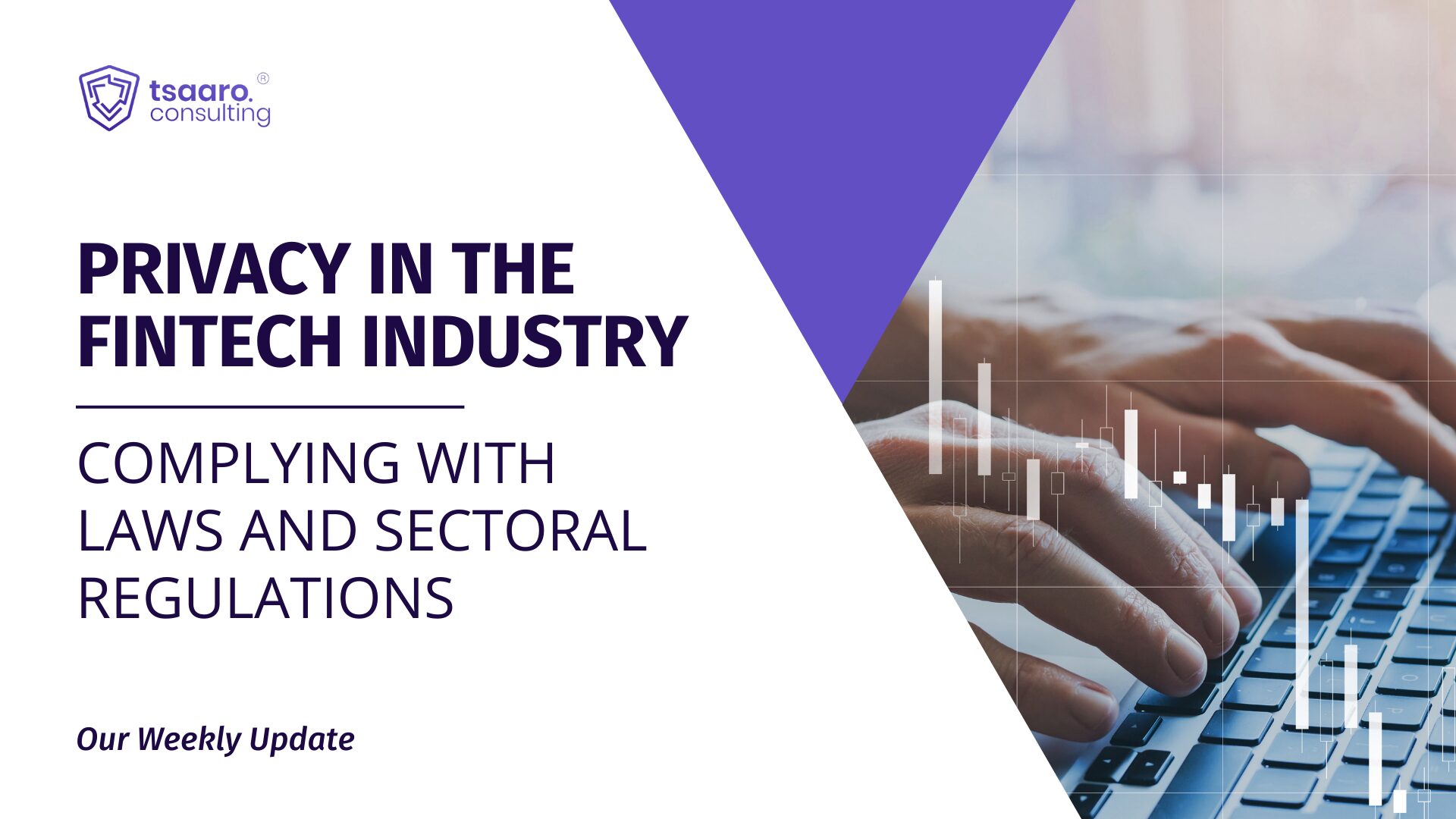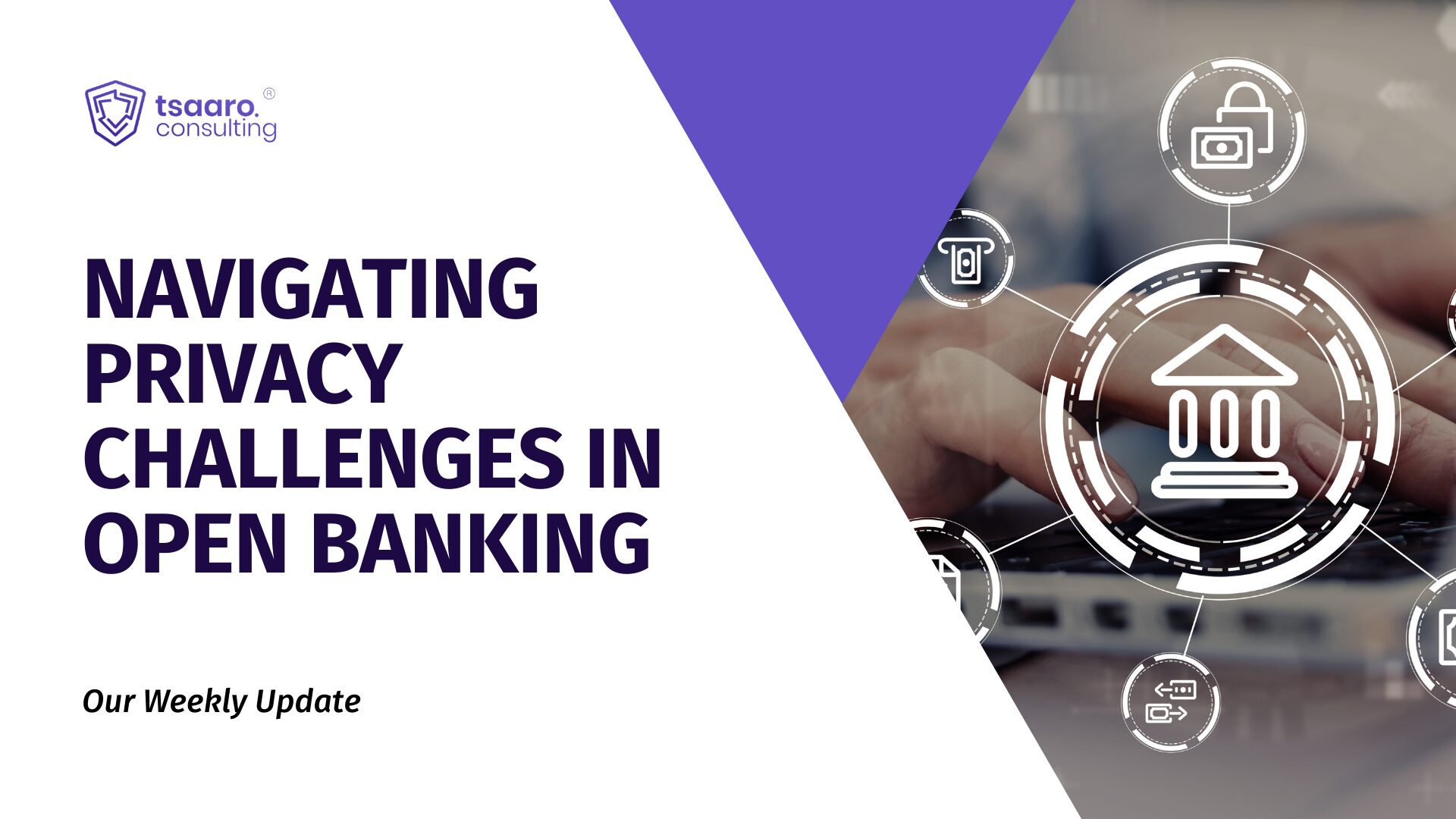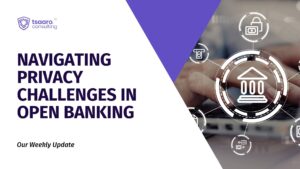Introduction
The increasing use of cloud computing in the present era of digital technology has brought about a major transformation in the way in which organizations manage their data. Users can back up their files to a distant server using cloud computing, and then access those files using any device, from any location in the globe. Cloud computing offers numerous advantages, but there is a danger that it might compromise the privacy of sensitive data such as financial or medical records. In this article, we will investigate the risks that sensitive and essential data stored in the cloud face, as well as the safeguards that may be put in place to protect ourselves against such risks.
Invasions of Personal Space
Cloud-based storage of sensitive and personally identifiable information presents a significant challenge to maintaining the necessary level of privacy in the event of a data breach. A data breach occurs whenever hostile actors get access to sensitive information stored in the cloud. This issue may have been caused by several factors, some of which include improperly secure passwords, phishing efforts, or dangerous cloud settings. The potential for devastating financial losses, damage to the company’s reputation, and legal implications that might follow a data breach can be a death sentence for organizations.
Threats Emerging From Within
Another method that confidential information stored in the cloud might be compromised is through the actions of malicious insiders. An example of an insider danger is when authorized users accidentally or intentionally disclose sensitive information that is stored in the cloud. Human error, employees that are unhappy with their jobs, and malicious insiders are only a few of the potential reasons for this issue. Insider attacks are notoriously difficult to detect and stop because they include people who have legitimate access to the cloud.
Dangers from the Outside
Businesses that store their sensitive and essential data on the cloud face an additional privacy risk in the form of threats posed by third parties. When a company depends on third parties, such as cloud service providers or cloud infrastructure management platforms, they put themselves in a position where they are vulnerable to dangers posed by third parties. Due to the inadequate security measures that have been adopted by these third-party firms, there is a possibility that data breaches and other privacy violations will occur.
Erasing Data
There is always a danger of losing data, including sensitive and confidential information when it is kept on the cloud. Many other factors might result in the loss of data, such as malfunctioning technology, severe weather, or even hostile hackers. Loss of data may have a devastating impact on enterprises, as it can result in the destruction of essential files and the cessation of routine operations.
Reducing the Dangers to Users’ Online Privacy
When it comes to protecting the confidentiality of their most sensitive and important information while it is stored in the cloud, organizations have several options available to them. These include the following:
- Businesses can add stringent access controls, such as two-factor authentication, to guarantee that only authorized workers have access to critical data stored in the cloud.
- Encryption of data is a sort of data protection that may be utilized as a security precaution to prevent unauthorized parties from accessing private information that has been stored in the cloud. Strong encryption techniques should be implemented in commercial enterprises to protect sensitive information.
- Companies need to keep a close eye on what is going on in the cloud to spot any indications of strange activity or unauthorized access to confidential information.
- Businesses may be better able to comprehend the state of security in their cloud infrastructure and take remedial action as necessary if they do security audits regularly and do so consistently.
- Finding Trustworthy Cloud Service Providers to Work With Companies need to exercise extreme caution when picking cloud service providers for their operations and should check to see whether or not the providers take enough precautions to protect sensitive data.
Conclusion
In conclusion, although there are many benefits to adopting cloud computing, there are also major privacy dangers connected with keeping sensitive or essential data on the cloud. These issues are discussed further in the following conclusion. Data breaches, threats posed by insiders, hazards posed by third parties, and data loss are all included in this category of risks. Taking preventative measures, such as implementing stringent access controls, encrypting data, keeping a close eye on activities conducted in the cloud, conducting routine security audits, and collaborating with trusted cloud service providers, can help organizations reduce their vulnerability to the risks described above. Because these measures are in place, organizations no longer need to worry about the security of their most sensitive and important data that is stored in the cloud. Take the first step towards a secure your organization’s data by scheduling a call with our privacy expert team at Tsaaro Consulting today.












I enjoyed the humor in this piece! For more, visit: FIND OUT MORE. Let’s chat about it!
Входные двери с завода на заказ.
Любые конфигурации отделок на выбор. Более 3500 моделей на складе: тут
Cтальные двери от производителя в наличии.
Любые конфигурации замков на выбор. Более 3500 моделей на складе: тут
Входные стальные двери cо склада в Москве в наличии.
Любые конфигурации отделок на выбор. Более 3500 моделей на складе: здесь